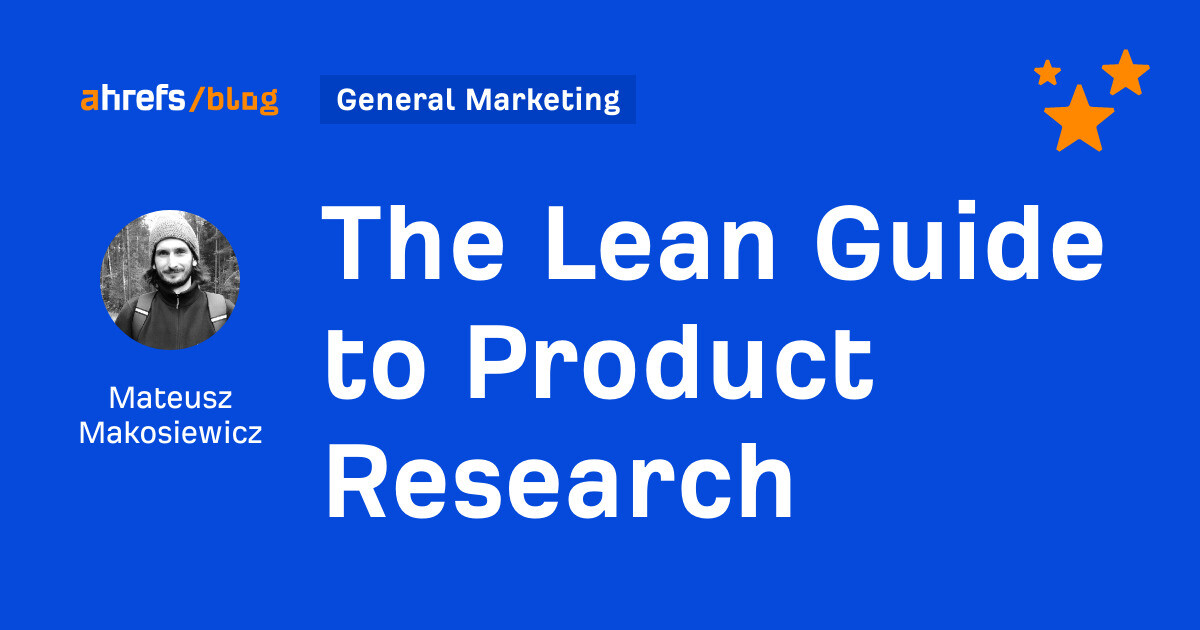Benefits of Mindfulness
Discover the numerous benefits of mindfulness, from reducing stress and anxiety to improving physical health, relationships, mental well-being, and sleep quality. The post Benefits of Mindfulness appeared first on Lion’s Roar.

Mindfulness is, in short, intentional awareness. Though research on mindfulness is ongoing, many scientific studies have already been undertaken, and countless mindfulness practitioners can speak anecdotally about its benefits. In addition to fostering feelings of calm, clarity, and ease, benefits of mindfulness may include the following:
Enhanced Physical Health
Neuroscientific research has found that mindfulness practices dampen activity in the amygdala while increasing the connection between the amygdala and prefrontal cortex. These parts of the brain help us be less reactive to stressors and recover more quickly when stress is experienced. Chronic stress is a significant contributing factor to many serious health issues, making mindfulness a way to improve your day-to-day well-being and a tool for improving physical health.
Reduced Stress & Anxiety
Pioneered by Jon Kabat-Zinn, the Mindfulness-Based Stress Reduction (MBSR) program combines meditation, body awareness, and yoga to enhance stress management. MBSR emphasizes present-moment awareness, helping individuals disengage from ruminative and stressful thoughts. By fostering non-judgmental observation of their experiences, participants develop resilience and greater control over their reactions to stressors. Research has shown that mindfulness practices like MBSR can effectively reduce stress and anxiety and improve overall well-being. Kabat-Zinn’s work has played a pivotal role in popularizing mindfulness as a powerful tool for stress reduction in healthcare and psychology.
While mindfulness is not a replacement for medical treatment, mindfulness-based therapy has been shown to reduce anxiety. Being aware of the present moment can be grounding when experiencing anxiety, as can being aware of one’s feelings without attaching judgment to them.
Mindfulness can also help us determine factors in our lives that may exacerbate stress and anxiety — like spending hours scrolling social media — and work with them more skillfully. Simple but effective practices like mindfully reading the news or driving mindfully can help nourish our well-being rather than deplete it.
Better Relationships
Several studies have found a positive link between mindfulness and enhanced relationship quality. Since practicing mindfulness helps us become more resilient to spikes in the stress hormone cortisol, we can remain more level-headed when we have a conflict with someone we’re in relationship with. There have even been studies that suggest mindfulness makes both breakups and divorce easier.
Mindfulness practice is also found to cultivate better relationships between parents and their children, with mindful parenting practices linked to positive behavior in children.
Improved Mental Health
Clinical psychology has embraced mindfulness techniques for treating various psychological conditions, such as depression, anxiety, and stress, along with applications in education, healthcare, and other fields.
However, mindfulness practices shouldn’t be considered as replacements for treatments for mental illness, such as therapy or prescription drugs. Instead, you can consider them as adjunct to other treatments, as a way to improve your general well-being.
Better Sleep
Mindfulness techniques, such as relaxation exercises and focused breathing, can aid in improving sleep quality by reducing racing thoughts and promoting relaxation before bedtime. A mindful body scan can be a helpful practice for falling back to sleep if you find yourself awake in the middle of the night.
Frequently Asked Questions
How Can Mindfulness Help Anxiety?
When we’re anxious, we are often filled with worry, self-criticism, shame, and fear. Mindfulness helps us to practice self-compassion, bringing attention to our pain and allowing us to view it from a place of non-judgement. Instead of pushing away or ignoring our anxious thoughts and feelings, we recognize them and allow them to be seen for what they are. By using mindfulness to return to the present moment, we can recognize where we truly are and detach from what our mind might be telling us. You can also choose to work with a professional trained in Mindfulness-Based Therapy or Mindfulness-Based Stress Reduction to further explore how mindfulness can improve anxiety disorders.
Can Mindfulness Help You Sleep?
Practicing mindfulness can lead to easier, deeper, and more restful sleep. By bringing mindfulness to the body as we fall asleep, we can ease ourselves into deep relaxation and quiet the mind. If you find your mind too full of chatter and worry to fall asleep, a mindful body scan can be helpful. A moment of mindfulness in our nighttime routine can ground us in the present moment, allowing our mind and body to relax as we drift off to sleep.
Which Is Better: Mindfulness or Multitasking?
With so many projects, relationships, and needs pulling our attention in multiple directions every day, multitasking may seem like the best choice to knock off items from our to-do lists as quickly as possible. However, while multitasking may seem more efficient, our brain can become overwhelmed by trying to complete numerous tasks at once. When we constantly switch between tasks, we end up taking longer and completing them less efficiently than finishing one task at a time. Instead, we can utilize mindfulness to focus on one task at a time, allowing our mind to be fully present with what we’re doing and give it our full attention.
How Can I Practice Mindfulness?
There are many different approaches to practicing mindfulness. These approaches can include: meditation, taking a pause, concentrating, mindful eating, journaling, and moving. You can learn more about these mindful techniques here.
How Long Will It Take to Feel the Benefits of Practicing Mindfulness?
While the benefits of mindfulness can be felt as early as when you first start practicing, to take full advantage of what mindfulness has to offer, try to remain consistent in your practice. Without it, you will likely find it difficult to track how the practice is going for you.

 Hollif
Hollif 








![Language101 Review: I Wouldn`t Recommend At All [2021]!](https://www.dumblittleman.com/wp-content/uploads/2021/09/Language101-Review.png)






















